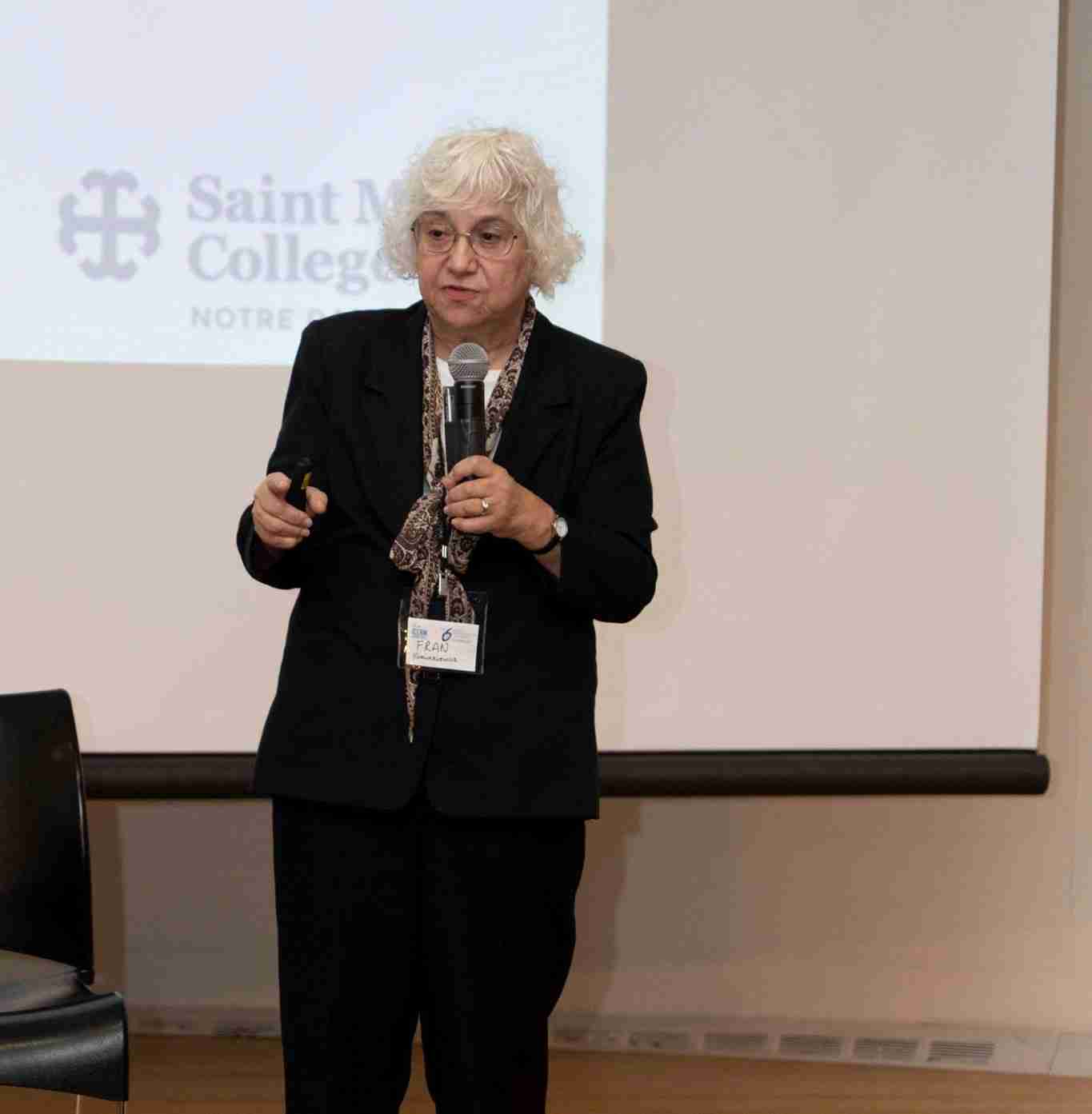2014 International Conference on Ethnic and Religious Conflict Resolution and Peacebuilding

Conference Synopsis
We recognize this to be a crucial moment in history, a time to step up and ensure that our children and grandchildren do not have to suffer through the horrors of war or genocide in all of their guises. It falls to all of us to open the doors to dialogue, to come to truly know one another, and to accept that in so doing, we can take the first tentative steps toward a world that can work for everyone.
And so we begin by working from where we are by revealing the assets available to us. The religious and ethnic differences long blamed for hatred and intolerance are taken out into the light where the advantages that they offer, the connections between us that they make apparent and the opportunities for healthy relations they support are affirmed. Our strength and promise are based on this foundation.
We appreciate the burden of the schedule that your responsibilities maintain, yet hope that you will be able to join us and bring your invaluable insights to this event.
Description
The 21st century continues to experience waves of ethnic and religious violence making it one of the most devastating threats to peace, political stabilization, economic growth and security in our world. These conflicts have killed and maimed tens of thousands and displaced hundreds of thousands, planting the seed for even greater violence in the future.
For our First Annual International Conference, we have chosen the theme: The Advantages of Ethnic & Religious Identity in Conflict Mediation and Peacebuilding. Too often, differences in ethnicity and faith traditions are seen as a drawback to the peace process. It is time to turn these assumptions around and rediscover the benefits that these differences offer. It is our contention that societies made up of an amalgamation of ethnicities and faith traditions offer largely unexplored assets to the policy makers, donor & humanitarian agencies, and mediation practitioners working to assist them.
Purpose
Policymakers and donor agencies have fallen into the habit, especially during the last several decades, to look at ethnically and religiously diverse populations, especially when they occur in failed states or nations in transition, as being at a disadvantage. Too often, it is assumed that social conflict naturally occurs, or is exacerbated by these differences, without looking more deeply at these relationships.
This conference is, therefore, aimed at introducing a positive look at ethnic and religious groups and their roles in conflict resolution and peacebuilding. Papers for presentation at this conference and the publication thereafter will support a shift from the focus on ethnic and religious differences and their disadvantages, to finding and utilizing the commonalities and advantages of culturally diverse populations. The goal is to help one another discover and make the most of what these populations have to offer in terms of mitigating conflict, advancing peace, and strengthening economies for the betterment of all.
Specific Goal
It is the purpose of this conference to help us get to know one another and see our connections & commonalities in a way that has not been made available in the past; to inspire new thinking, stimulate ideas, inquiry, and dialogue & share anecdotal and empirical accounts, which will introduce and support evidence of the numerous advantages that multi-ethnic & multi-faith populations offer to facilitate peace and advance social/economic well-being.
Download Conference Program

Conference Participants
The 2014 conference was attended by delegates from many organizations, educational institutions, government agencies, religious groups and associations, ethnic associations, policy makers & public leaders, the diasporas and interested individuals. Among these delegates were peace activists, scholars and practitioners from a variety of disciplines and organizations, including the United Nations.
The conference hosted fascinating and well informed discussions on such topics as ethnic and religious conflict, fundamentalism and extremism, the role of politics in ethno-religious conflicts, impact of religion on the use of violence by non-state actors, forgiveness and trauma healing, ethno-religious conflict resolution and prevention strategies, conflict assessment concerning the sacred esplanade of Jerusalem, mediation of conflicts with ethnic component: why Russia needs it, inter-faith conflict mediation mechanisms and peacebuilding in Nigeria, the virus of dehumanization and the prevention of prejudice and conflict, culturally appropriate alternative dispute resolution, interfaith response to the statelessness of the Rohingya in Myanmar, peace and security in multi-ethnic and religious societies: a case study of the old Oyo empire of Nigeria, ethno-religious conflicts and the dilemma of democratic sustainability in Nigeria, ethnic and religious identities shaping contestation for land based resources: the Tiv farmers and pastoralist conflicts in central Nigeria, and ethno-religious peaceful co-existence in Nigeria.
It was an opportunity for students, scholars, practitioners, public and civil officials and leaders in different disciplines and organizations to come together, join the conversation, and exchange ideas on proactive ways to prevent, manage and resolve ethnic and religious conflict locally and globally.
Acknowledgment
With much gratitude, we want to acknowledge the support we received from the following people during the 2014 Annual International Conference on Ethnic and Religious Conflict Resolution and Peacebuilding.
- Ambassador Suzan Johnson Cook (Keynote Speaker & Honorary Award Recipient)
- Basil Ugorji
- Diomaris Gonzalez
- Dianna Wuagneux, Ph.D.
- Ronny Williams
- Ambassador Shola Omoregie
- Bnai Zion Foundation, Inc.C/o Cheryl Bier
- Zakat and Sadaqat Foundation (ZSF)
- Elayne E. Greenberg, Ph.D.
- Jillian Post
- Maria R. Volpe, Ph.D.
- Sarah Stevens
- Uzair Fazl-e-Umer
- Marcelle Mauvais
- Kumi Milliken
- Opher Segev
- Jesus Esperanza
- Silvana Lakeman
- Francisco Pucciarello
- Zaklina Milovanovic
- Kyung Sik (Thomas) Won
- Irene Marangoni


